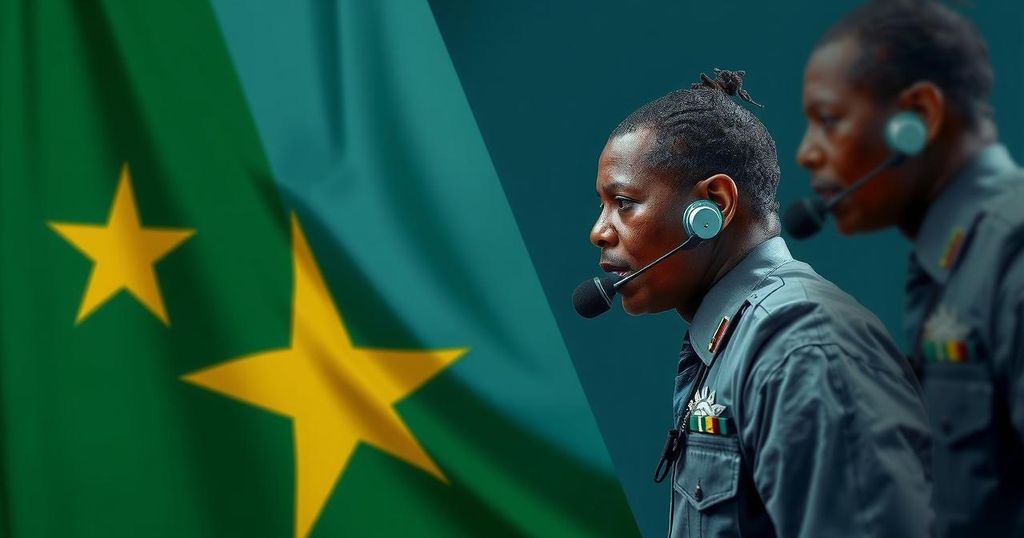UN Criticism Over South Sudan Election Delay Highlights Political Frustration
The UN Special Representative for South Sudan, Nicholas Haysom, criticized the recent decision to delay the country’s elections until December 2026. The transitional period has been extended to February 2027, exacerbating frustrations among South Sudanese citizens regarding the stalled political process. Haysom emphasized the need for compromises among leaders and highlighted ongoing efforts by the UN Mission to facilitate civic education and participation in the electoral process, despite significant humanitarian challenges.
The United Nations Special Representative for South Sudan, Nicholas Haysom, expressed disappointment over the decision to delay elections in the country, which were initially scheduled for next month. The transitional period has now been extended until February 2027, postponing the elections to December 2026. Haysom underscored the frustration among the South Sudanese people regarding the stagnation of the peace agreement and urged political leaders to make compromises and accelerate progress towards the democratic transition. The need for urgent action is critical as the impasse threatens to perpetuate the current political paralysis. Meanwhile, the UN Mission in South Sudan is promoting civic engagement and monitoring efforts in anticipation of the elections, while ongoing violence and humanitarian challenges exacerbate the nation’s plight. Haysom reiterated that the time for business as usual has passed and emphasized the importance of adhering to established benchmarks for peace and democratic governance, while fostering a conducive environment for the country’s first sovereign elections since independence in 2011.
South Sudan, the world’s youngest nation, gained independence in 2011. However, within two years, civil war erupted between supporters of President Salva Kiir and those loyal to Vice-President Riek Machar, resulting in significant loss of life and a devastating humanitarian crisis. The Revitalized Agreement in 2018 sought to bring peace, but political paralysis has hindered progress. The extension of the transition period and the postponing of elections reflect continued struggles within the political landscape. The UN and the international community have been working to facilitate the peace process and assist in stabilizing the region, focusing on advancing democratic governance and addressing humanitarian needs.
In conclusion, the extension of South Sudan’s transition period has been met with frustration from the populace and reflects ongoing political challenges. Nicholas Haysom’s call for urgent compromise among leaders underlines the necessity for decisive action to fulfill the commitments of the Revitalized Peace Agreement. As the nation prepares for elections in December 2026, the focus must be on fostering a peaceful environment and ensuring civic participation, while addressing the severe humanitarian crises exacerbated by conflict and natural disasters.
Original Source: www.miragenews.com




Post Comment